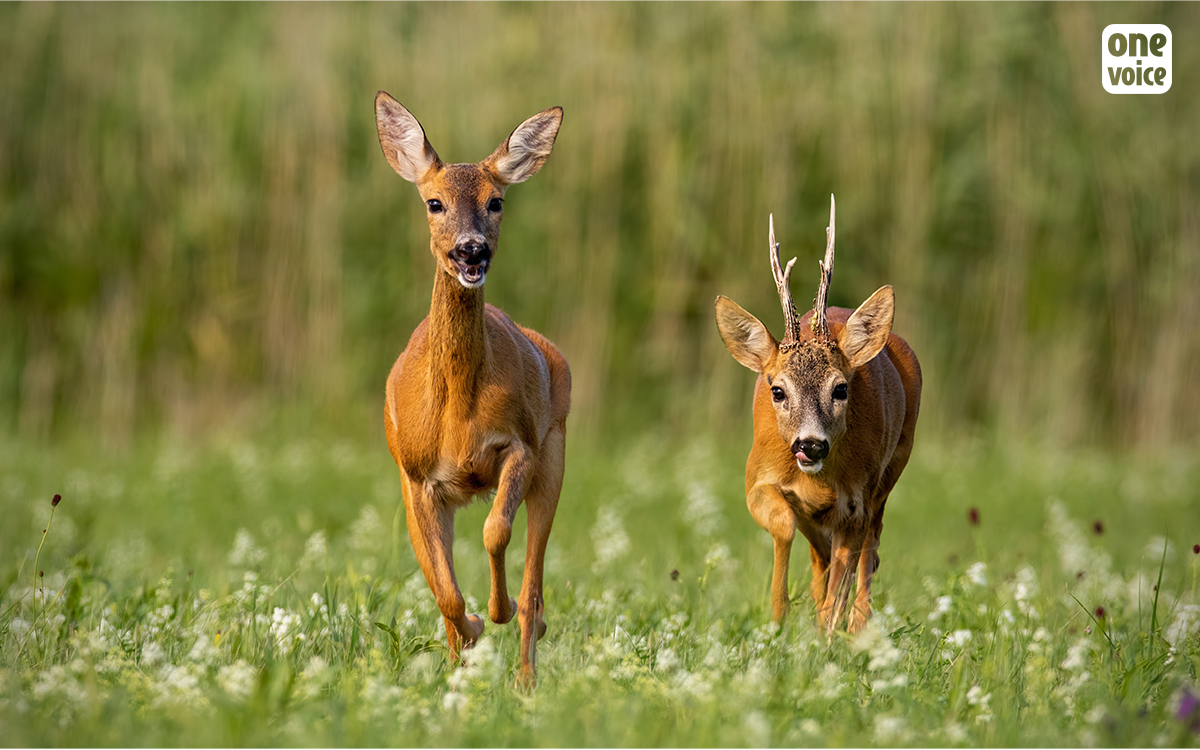

Disruption of the climate, a cataclysm for animals
At a time when France is experiencing its second heat wave of the year and an unprecedented one, scientists publish an alarming study: despite the adaptation of animals, the change is too fast and radical for the evolution of the species to be able to “absorb” climate change. Some will disappear, in other words millions of animal persons will die in pain, if we do not urgently stop these current disturbances in the climate.
In the short term, we may never see European deer at the edge of the forests in the early morning, nor hear sparrows singing during our vacation in Canada. The guillemots, they will no longer look out to see from the cliffs. The Eurasian magpies, as for them, their delicate voices will no longer be heard from the pear tree in the garden. In a few weeks, France has experienced the largest heat wave in its history for two thousand years, and animals, although able to adapt to a certain extent, will not all be able to survive these changes in temperature, given the rapidity of this phenomenon called global warming.
A publication based on a thousand scientific articles
The scientific journal Nature Communications published the day before yesterday an article1 summarizing the work of about sixty biologists. They analysed the results of more than a thousand scientific publications on the adaptation of species to climate change that has been under way for several years. Their meta-analysis, based on available research, is focused primarily on birds and a mammal from the northern hemisphere.
Climate change too fast for animals to adapt
Since the industrial revolution, most animals have substantially changed their behaviour and life cycle, such as nesting periods or their locations, these changes are adaptive, so somewhat “cultural”. But for an animal species to survive in the short term, this adaptation will have to be combined with genetic modifications. The plasticity of each species has been sifted; these factors are of paramount importance.
Worse still, the species whose characteristics have been analysed are said to be of the “common” type, i.e. the conclusions concerning rare species are even more alarming!
These biologists are very pessimistic, and have in part no solutions. They want to be able to anticipate more than just describe and warn. Their next challenge will be to determine which species are the most resilient, in order to focus their attention on the others, the most vulnerable ones, and help them.
We recall that each of us can already adopt responsible behaviour to limit our impact on the environment, and engage our mayors and their members to act quickly. It is high time for all living beings on our beautiful planet.
1« Adaptive responses of animals to climate change are most likely insufficient». Nature Communications, 23 juillet 2019, vol. 10, n°1, p. 3109.